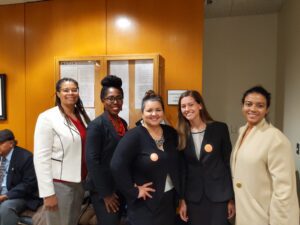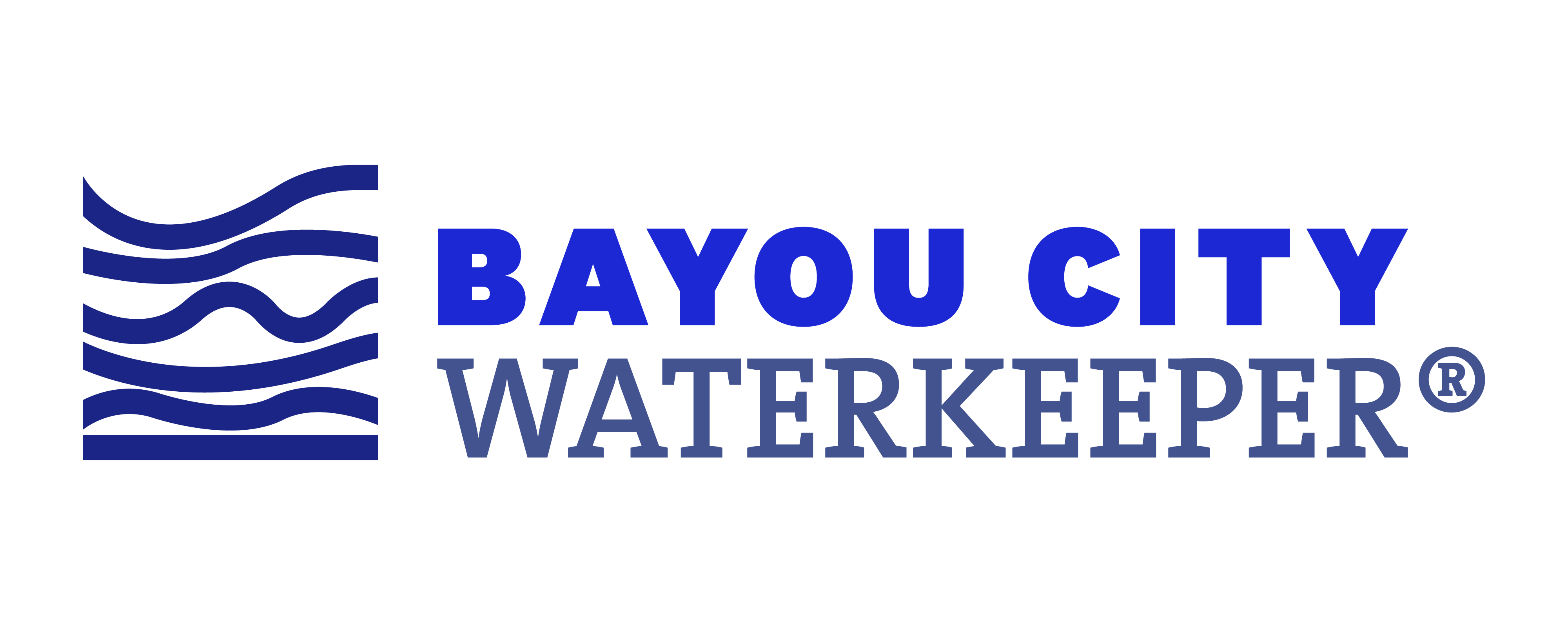
Today, the Harris County Commissioners’ Court evaluated the implications of expediting flood control projects that will be implemented using the $2.5 billion bond approved by voters last November. Drawing on language within the bond requiring equity in the flood control process, members of the Coalition on Environment, Equity, and Resilience (CEER) and the HOME Coalition urged the Court not to lose sight of historic inequities in flood control locally and adopt a formal framework to infuse the process governing flood bond projects with equity.
Our legal intern Rosa Acheson spoke on behalf of Bayou City Waterkeeper and urged the Court that long-term resilience requires the County to address equity and adopt nature-based solutions. Other speakers demanding an equity framework included Iris Gonzalez on behalf of CEER, Chrishelle Palay on behalf of the HOME Coalition, Dr. Earthea Nance, and Zoe Middleton on behalf of Texas Housers.
Statement of Rosa Acheson
Resilience in Harris County requires the Commissioners’ Court to do at least two things: First, make sure all flood planning is rooted in equity. This means Harris County must prioritize those communities who have historically received little to no water management projects or programs, and provide them with the same level of flood protection as others who have received greater levels of service. The County must ensure that Flood Control has enough time to make intentional and inclusive decisions that benefit all residents.
Second, Harris County must adopt nature-based solutions as part of its flood control efforts. Nature-based solutions mimic the benefits of our natural systems, which have diminished in Harris County as planning has favored “gray,” highly engineered infrastructure.
Nature-based projects include:
- parks and open spaces;
- making room for the water in our bayous by preserving and restoring riparian corridors;
- restoring wooded wetlands and grasslands to absorb floodwaters; and,
- smaller scale projects, such as permeable parking lots, green roofs, and rain gardens.
Nature-based solutions are more adaptive to weather and population changes over time. They save money in the long run, as total project costs are generally equal to or less than traditionally engineered projects. Nature-based projects also take less time to implement, meaning that these types of projects can be designed and executed quickly so that Harris County residents can start to see the benefits.
Even where nature-based projects alone are not sufficient, they are a valuable and cost-saving supplement to traditional designs. Nature-based projects stand to provide numerous benefits that strengthen our communities, such as recreational opportunities like parks, increased tourism opportunities, and improved air and water quality across the County.
For these reasons, Bayou City Waterkeeper joins the demand for equity in the flood bond, and asks that the County consider implementing nature-based solutions throughout Flood Control’s projects moving forward. Secondly, expediency for its own sake is not equity. We encourage and support Flood Control and the Court to take the time needed to implement the flood bond projects. Finally, Bayou City Waterkeeper urges the Court to vote on the equity guidelines by August 27, 2019, so that our most vulnerable communities do not have to weather one more storm in uncertainty. Thank you.
Rosa Acheson is an intern with Bayou City Waterkeeper and rising second-year student at Tulane Law School in New Orleans, Louisiana. Rosa is the President of the Tulane Environmental and Energy Law Society and is a 2018 fellow of the Loyola University Institute for Environmental Communication. A longtime water enthusiast, Rosa plans to pursue a legal career focused on coastal protection and restoration.
